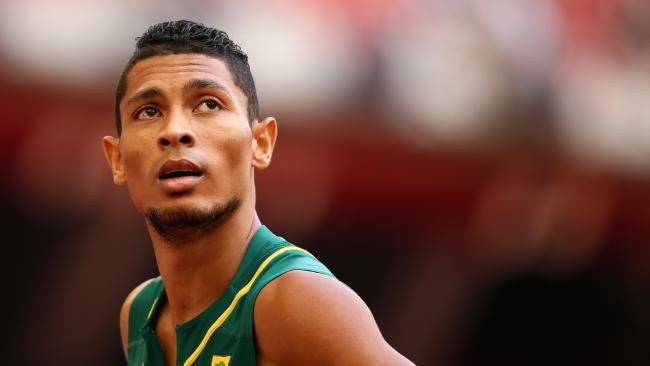It Ain't Over till It's Over
South Africans aren't done yet.

Four years ago, I wrote the piece below for the Mercury, a daily newspaper in KwaZulu Natal, South Africa.
It was written in the afterglow of Chad le Clos's defeat of Michael Phelps to win his first Olympic gold, and Ernie Els's stirring come-from-behind victory in golf's British Open.
Re-reading this, after the inspirationa…
Keep reading with a 7-day free trial
Subscribe to Chris Waldburger to keep reading this post and get 7 days of free access to the full post archives.


